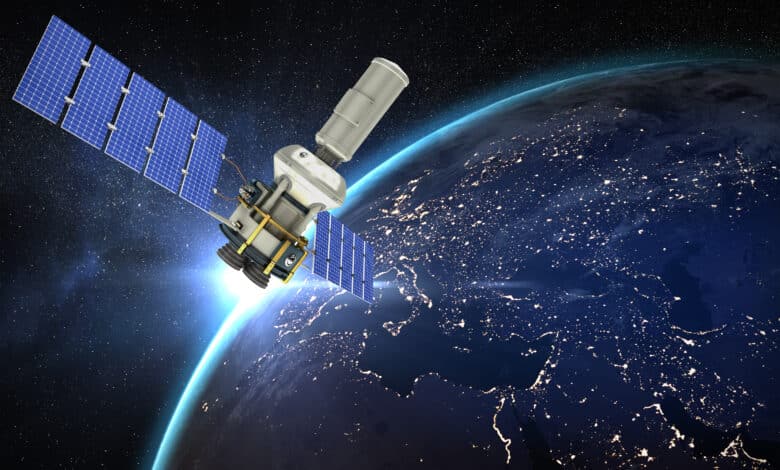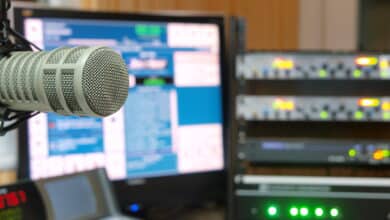
Researchers at Wuhan University have announced that they had a satellite controlled by AI alone for 24 hours. This cannot be verified. The AI is said to have independently selected targets that were monitored more closely.
Low-Earth satellite observed targets in India and Japan
China has about 260 near-Earth satellites that serve no specific purpose. They can be understood as a kind of reserve that is readily available and can be controlled from the ground. Researchers at Wuhan University took one such satellite according to the South China Morning Post and put an AI behind the wheel for 24 hours. The AI subsequently selected two targets, which the satellite then took a closer look at: the city of Panta in northeastern India and the port of Osaka in Japan. Both locations are militarily significant. Panta, for example, is home to the Bihar Regiment, which fought Chinese troops in the border region in 2020, while U.S. Navy ships occasionally dock in Osaka.
Exactly why the AI chose these two targets for closer observation and guided the satellite accordingly is not known – not even to the researchers. The AI does not provide any information about this.
More efficient use of satellites
The goal behind the test is to make efficient use of the existing satellites, which so far have no clearly defined purpose. The thinking here is simple: an AI should determine which targets are particularly worth watching and steer the satellites accordingly – which would mean additional information gains.
To be able to do this, however, the AI must be provided with a wealth of information not only on the globe, but also on political geography. After all, it should not only be able to move the satellite without accidents, but also select such targets that are interesting for the Chinese regime. For this purpose, the test AI was provided with a large amount of texts on the relevant topics.
All of this raises myriad questions about AI deployment: What does further AI development mean for global security? What will be the composition of our information reservoir in the future when information acquisition is no longer controlled by humans but by algorithms? Does it make sense to automate strategic information acquisition? What does appropriate AI mean in the hands of dictatorial regimes like China’s? An anonymous source from the research community was appropriately critical, telling the South China Morning Post, “Satellites are our eyes and ears in the sky. Do we really want to let AI decide what we can see and hear?” Until now, surveillance satellites, which are also used by the German armed forces, have been steered by humans to manually selected targets.




No replies yet
Neue Antworten laden...
Gehört zum Inventar
Beteilige dich an der Diskussion in der Basic Tutorials Community →